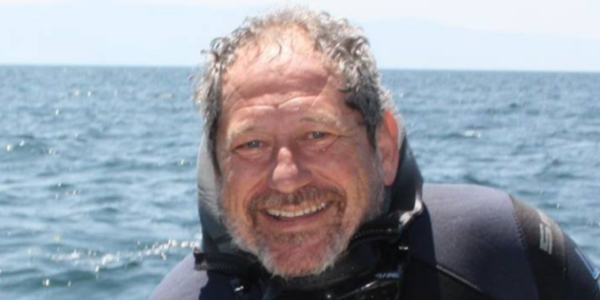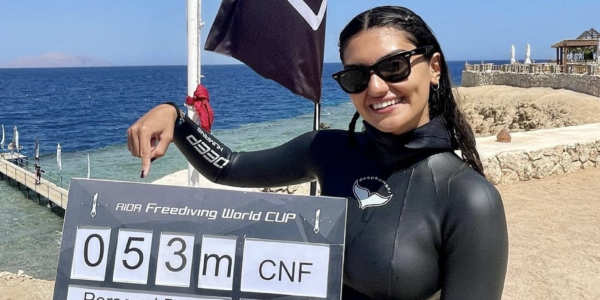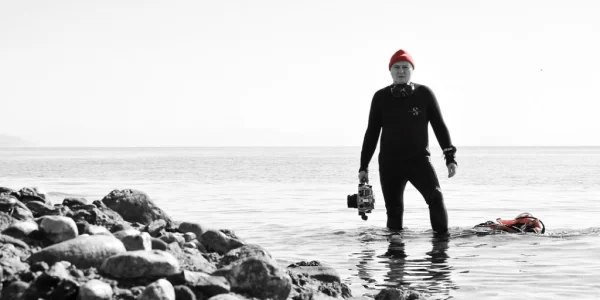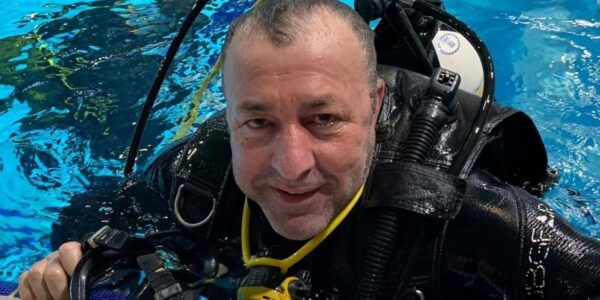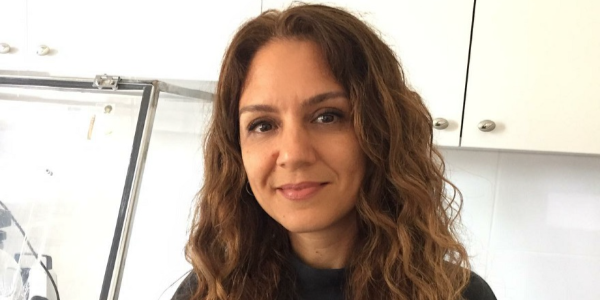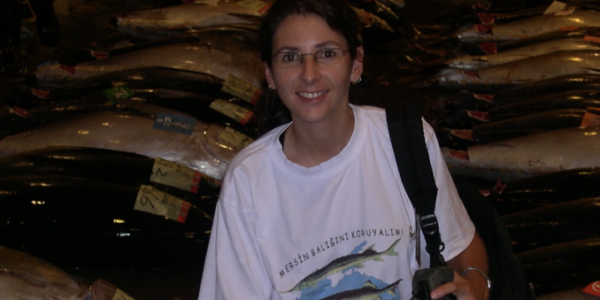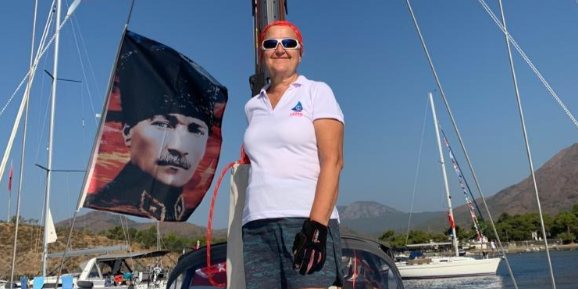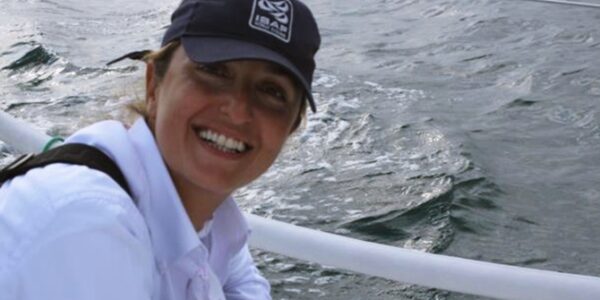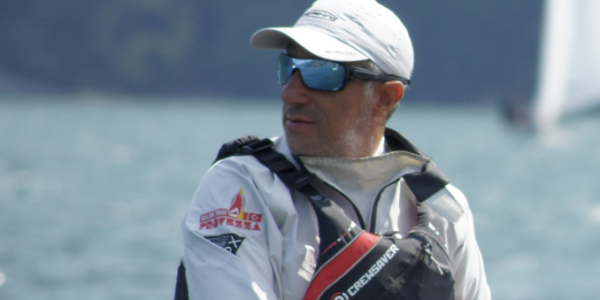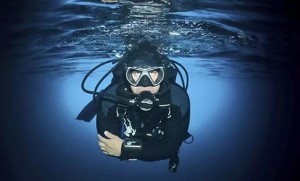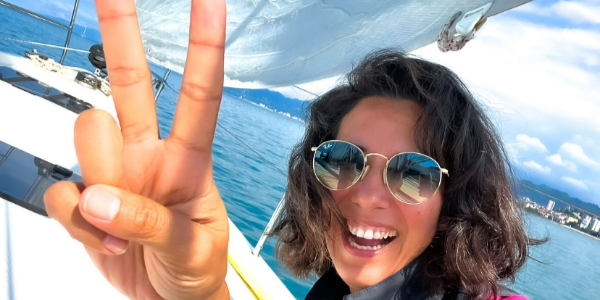There is no fail-safe guarantee that you can completely eliminate the risk of decompression sickness when you’re scuba diving. But there are some safety measures you can take to help prevent this injury and reduce the chances. Here are our best tips.
• Dive conservatively, whether you are using dive tables or computers. Experienced divers often select a table depth (versus actual depth) of 10 feet deeper than called for by standard procedure. This practice is highly recommended for all divers, especially when diving in cold water or when diving under strenuous conditions — factors that can increase your chance of DCS. Computer divers should be cautious in approaching no-decompression limits, especially when diving deeper than 100 feet.
• Avoid deep or long dives, especially when diving on multiple days.
• Stay hydrated.Drink plenty of fluids — avoid caffeine and alcohol — so your body can better cope with nitrogen saturation. “Hydrate, hydrate, hydrate,” says Kell Levendorf, dive accident investigator for Dive and Marine Consultants International. “Obviously, adhering to conservative diving practices is critical, but if the body is already compromised by predisposing factors — age, obesity, circulatory issues, fatigue, scar tissue or a previous history of DCS — the risk becomes even higher when you’re not hydrated.”
• Abort dives that become too strenuous, such as swimming against current.
• Adhere to safety stops and slow ascent rates. Never skip a safety stop or deep stop when your dive computer or dive table indicates one.
• Observe flying-after-diving safety guidelines. Ditto for driving to altitude.
Patricia Wuest
Source: Sport Diver

